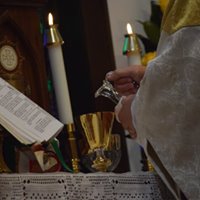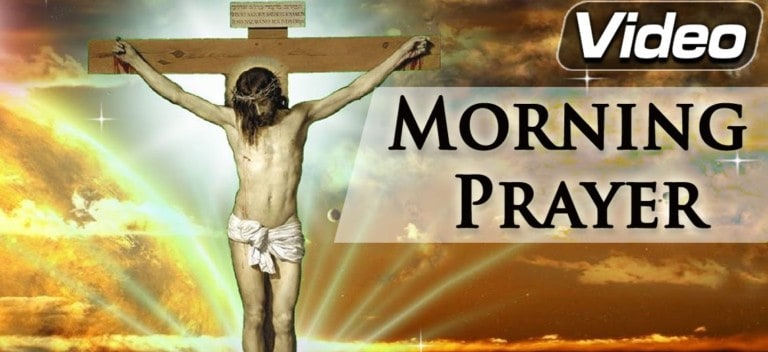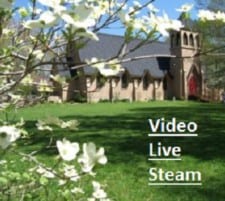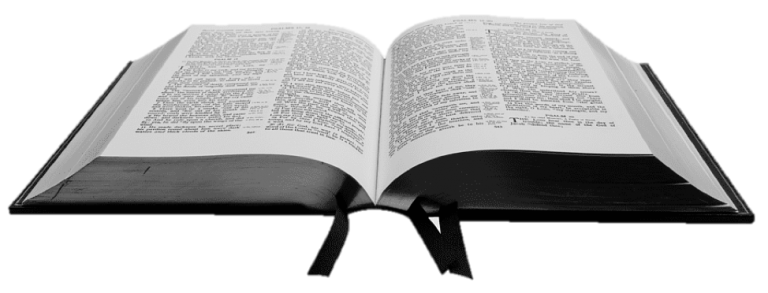Holy Eucharist explained within Anglican thought
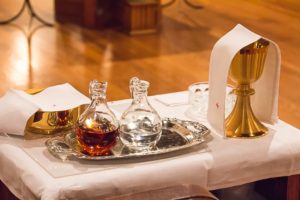
Our Lord’s proclamation of the truth of the Real Objective Presence in Saint John chapter 6 is certainly not symbolical or metaphorical, and He is not speaking in figurative terms, as the context of the Scripture makes clear.
In our day, when a 75% of American Roman Catholics do not believe in the Real Substantial Objective Presence of Christ in the Eucharist, and probably an even greater percentage of Anglicans (at least of the neo-Anglican evangelical variety) doubt and struggle with this divine truth, it is better to emphasize the corporeal and incarnational dimension of the Eucharistic Presence rather than place emphasis on the more representative aspects of the Eucharistic Mystery.
One can never affirm or assert too strongly the fact that the Blessed Sacrament is Jesus Christ, a Divine Thing, the glorified Body and Blood of Christ, the total Person of Christ both God and Man, under the consecrated elements of bread and wine, so that the fullness of Our Lord’s human nature, as well as His Divinity, is present under the form of the sacred species, in an abiding and permanent way after Consecration. The bread and wine are changed into the Body and Blood of Christ – full stop.
We should reject as contrary to Holy Tradition the doctrine of memorialism, which makes the Eucharist a mere mental psychological act of remembrance devoid of presence and grace, and the doctrine of virtualism, which holds that only the believing faithful receive the subjective grace or power of the Body and Blood through the elements, but not the Thing Itself objectively and substantially, essentially present in the elements.
Historically, Anglicanism has, at sundry times, been confused by these two insufficient doctrines on the Eucharistic Presence, and it is up to us to clarify the biblical and patristic truth for our own tradition.
Since the Reformation, Anglicans have insisted, with the consensus of the early Fathers, Saint Irenaeus of Lyons, Saint Theodore of Mopsuestia and Saint Theophylact especially amongst them, that the materiality of the Bread and Wine remains in its original physical state after Eucharistic Consecration, but that materiality is changed and converted in its essence, so that to the material of bread and wine is joined by Consecration the supernatural totality of the Incarnate God-Man, by a ‘hypostatic union,’ a Personal Union extending the Incarnation in a sacramental way, a sacramental unity of the outward and visible sign with the Divine Thing, Our Lord, Who is signified and contained in the sign.
Upon Consecration, the bread and wine retain their natural physical properties of smell, taste, touch, molecular and atomic structure. But in their essence, in their being, the elements are converted and transformed into Christ on a supernatural level.
The Holy Ghost, through the Consecration of the Mass, effects a sacramental change, an ontological change, in the forms of bread and wine on a supernatural metaphysical level, so that the outward forms are identified with and become the Spirit-filled Body and Blood of Christ in an ‘immaterial’ but essential manner. The Body and Blood of Christ localised under the Eucharistic species are the glorified human nature of Christ in His Resurrection-life, His risen state. Christ is bodily present in the Eucharist, and the Eucharist is the actual Body and Blood of Our Lord. But the Body and Blood are not carnal or mortal, but glorified and divinised.
The Body and Blood of Christ in the Eucharist are the Body and Blood of His mighty Resurrection and glorious Ascension, a supernatural Body vivified by the Holy Spirit (I Corinthians 15.44). The afore-described doctrine is plainly laid out in the Prayer Book Catechism, the Prayer Book Offices of Instruction and in the Prayer Book Eucharistic Liturgy, as well as Articles of Religion XXVIII and XXIX. All communicants receive the outward and visible Sign (the species of the Sacrament) and the Thing Signified (Our Lord’s true Body and Blood); however, only the faithful receive the Benefit or virtue of the Sacrament, as the wicked receive not benefit but condemnation (I Corinthians 11.27-29).
We do indeed need to be careful about Eucharistic language, so as to avoid on one hand a monophysiticism wherein the elements are believed to be destroyed and absorbed into Christ, (a medieval form of transubstantiation condemned in the Articles which overthrows the nature of sacraments, since a sacrament has to have a real outward sign and not just a phantom or appearance) and a Nestorianism found in Calvinism and ‘reformed’ protestantism on the other, wherein the sign is divorced and entirely separated from the Divine Reality (so that Christ is not really in the very elements).
Saint Irenaeus says, ‘in the Eucharist there is an earthly thing and an heavenly thing,’ hence, the outward signs of Bread and Wine and the Thing Signified, the Body and Blood of Our Lord. Other Fathers describe the Eucharist as the prolongation of the Incarnation, a Mystery like an iron thrust into the fire – the iron does not lose its own properties or reality, but it takes on the reality and properties of the fire. Both remain complete in themselves and yet are perfectly united, and each takes on the property of the other: True God and True Man in the Incarnation, earthly elements and the Person of Christ in the Eucharist. The consecrated Elements are not destroyed, but elevated, not replaced, but perfected into a new Thing. Grace builds upon nature, and does not destroy, but perfects, nature. We could say Our Lord is incarnated in the sacramental species, mystically present.
We say all of this to concur with what many authors basically teach about the Real Presence, while carefully governing how we would assert that same truth in language consistent with the Scriptures and Fathers. The Real Presence is quite beyond our intellectual explanation and understanding because it is absolutely unique, just as the Trinity and the Resurrection are unique. A unique reality is impossible entirely to comprehend.
That there is 1. a supernatural, glorified, metaphysical yet corporeal (of a Body, bodily) Presence of Our Lord’s Incarnate Person in the Eucharist, the Risen and Exalted Lord, and 2. a Change in the Eucharistic Elements upon Consecration, is beyond doubt for all Catholic Christians; as Anglicans we believe we cannot attempt dogmatically to define the exact process of how the Presence comes about at Mass without adding to the Catholic Faith.
We cannot rationally explain the inexplicable or define the indefinable. The Real Presence is Mystical – the ultimate Holy Mystery. The Real Presence is more real than that found in our own mortal material physical plane, because it is nothing less than the Risen Christ, but it is not material as understood in the limited field of our empirical experience.
Transubstantiation as officially defined by the Roman Church at Trent and as explained by Saint Thomas Aquinas is a laudable effort to explain the ‘how’ of the Eucharistic Change and Conversion, but it is only a theory, or a compilation of theories in fact, based on Aristotelian metaphysics. Because it is a theory, and not directly revealed in Holy Scripture, it cannot rise to the level of a dogma. The specific definition of transubstantiation provided by the Council of Trent is not condemned by the Articles of Religion or Anglican formularies (for the Articles predated Trent).
But other versions of the idea not endorsed by Trent, false notions popular in the medieval era, are rightly disowned by us. The Roman, Eastern Orthodox, and traditional Anglican Churches all agree that Christ is truly and substantially under the species of bread and wine in the Eucharist. We disagree only on matters of semantics/language and on the effort to define how the Mystery takes place.
+Chad
Here is a much more succinct version of what I wrote:
Anglican Catholics believe… The Eucharist is different from all other Sacraments, in that all other Sacraments convey or communicate the grace or life of Christ to those who receive them, but in the Blessed Sacrament, we do not only receive grace – but Christ Himself. Jesus Christ is the Blessed Sacrament, for It is His Most Blessed Body and Blood, present really, truly, and objectively in and under the outward form and elements of Bread and Wine (I Corinthians 10.16-17). The Eucharist is the Lord Jesus, True God and True Man, the whole and entire Person of Christ, present in a heavenly, supernatural, glorified manner, truly present under the forms of the Sacrament. Jesus Christ is present in the Eucharist in His glorified Body and Blood, the Resurrection-Body (I Corinthians 15.44), given to us as heavenly food and drink, as spiritual nourishment for our souls and bodies, to unite us with Himself in His own incarnate human life.

